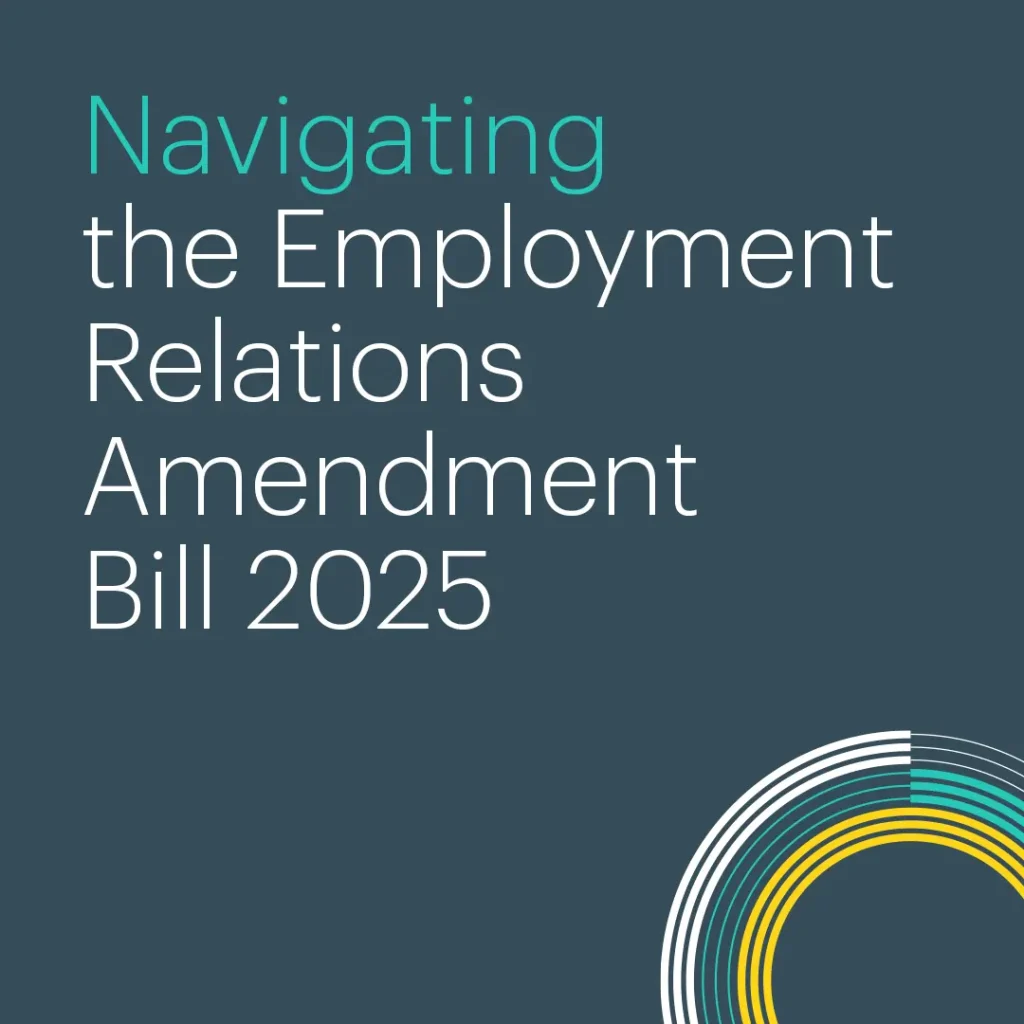All business directors and owners have obligations under New Zealand law to provide safe, legally compliant workplaces. It is important that company directors and owners ensure their employment policies and procedures around health and safety are robust, and that employers go beyond compliance with rules and towards active engagement and continuous improvement.
Employment Law Specialist and Barrister James Crichton outlines a recent decision of the Court in New South Wales (NSW) which is likely to be persuasive in New Zealand.
Failure of employer as PCBU to ensure the health and safety of workers
Our Health and Safety at Work Act 2015 is substantially based on the Australian legislation. A recent NSW decision involved a prosecution of both a corporate and its director by the NSW equivalent of WorkSafe which is called SafeWork. The prosecution against the corporate was successful while the prosecution of the director failed. It is the latter issue which I have focused on here.
The facts are simple. The employer (Miller) operated a transport depot at Tamworth. A truck driver employed by a third party was seriously hurt when he was struck by a fork hoist being driven by an employee of Miller. The reason the fork hoist driver hit and injured the truck driver was that the fork hoist was being operated with a full pallet raised so high as to obscure the fork hoist driver’s line of sight.
For context, it is important to note that SafeWork issued three improvement notices to Miller over the three years before the accident, one of which was just five days before the accident. It seems that Miller had improved its performance at other depots but not at Tamworth. Miller was found to have breached the relevant section of the NSW legislation by having failed to comply with its duty as a person conducting a business or undertaking (PCBU) to ensure the health and safety of workers at the site “… so far as was reasonably practical”.
Two issues in particular appear to have stood out for the Court. First, the improvement notices ought to have put Miller on notice of the risk and in any event, “….nothing short of total separation of forklifts and pedestrians was adequate to ensure safety”.
Director judged not liable
Notwithstanding the clear decision of the Court in respect to the PCBU, the Court was equally clear that the PCBU’s sole director, Mr Doble was not liable. Why?
Mr Doble was charged with failing to exercise due diligence to ensure that Miller complied with its duty as the PCBU. First, the Court seems to have accepted that the test of culpability was higher for a PCBU than a director and that a director was not required to do everything a PCBU was required to do.
Second, the Court was satisfied Mr Doble “…took an active interest” in health and safety matters and that he hired a specialist health and safety manager to deal with that specialist area who Mr Doble was entitled to rely upon to give appropriate advice to the PCBU and to ensure the PCBU followed that advice.
Third, the Court was satisfied that Mr Doble took a practical and active interest in health and safety matters and whenever he was visiting depots for instance, he would take up health and safety matters directly with staff when he found things of concern to him.
Fourth, the Court noted that Mr Doble was active in managing health and safety matters, by having weekly meetings with his specialist manager, following up outstanding health and safety issues, being seen by junior management staff to be committed to health and safety matters and dealing with health and safety deficits as soon as they were identified, irrespective of the expense.
So it would seem that a director or officer of a PCBU must take reasonable steps to actively seek compliance with the obligations of the law, and that is disclosed by evidence of a director or officer keeping up to date with health and safety matters, by making sure that the PCBU has the necessary resources to fulfil its obligations, and by ensuring that the PCBU has the ability to eliminate or reduce risk.
For advice around ensuring employment policies are in line with current legislative requirements, please get in touch.








